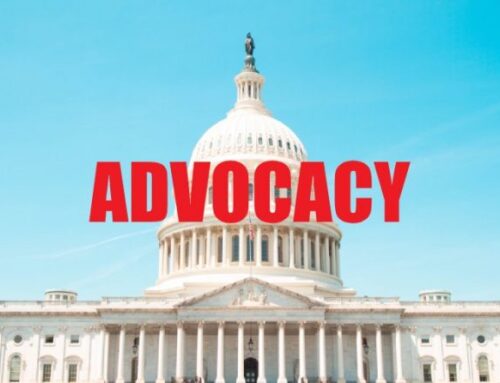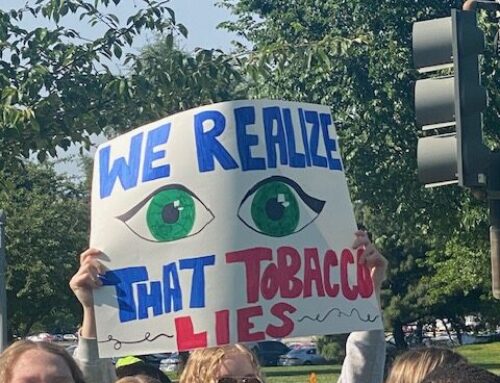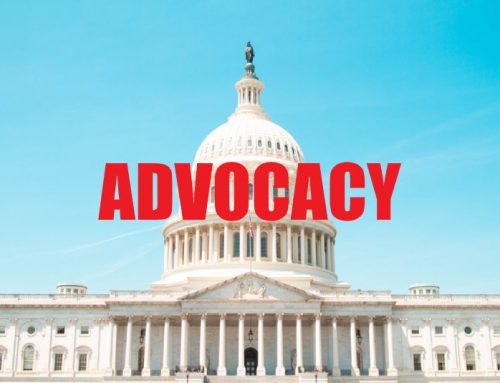The proposed rule is designed to inform tobacco product manufacturers and the public about requirements for submission of Premarket Tobacco Product Applications (“PMTAs”), related recordkeeping requirements, requirements for post-market information gathering and reporting, and the process FDA will use in the evaluation of PMTAs.
SUMMARY OF MAJOR POINTS
1. FDA should recognize that for the vast majority of products likely to be the subject of applications submitted in 2020, it will be conducting post-market rather than premarket review because many of these products have been on the market for years without prior authorization.
2. Because most of the products that will be subject of PMTA applications submitted in 2020 will be for products that have been marketed and promoted for several years, FDA should require production of comprehensive information on advertising, promotion, marketing, pricing, sales, user demographics, addiction and abuse potential and health harms of such products from the first introduction of the product into commerce to the date of the application.
3. FDA should require direct evidence regarding the risk perception of the product by U.S. youth and usage by U.S. youth in the evaluation of PMTAs and should not rely solely on surveys of young adults or foreign data in assessing the impact of a new tobacco product on youth. Where a specific product has not been on the market, such data should be presented for other products with similar characteristics.
4. FDA should not grant PMTAs for ENDS products where the product design allows consumers to alter abuse liability and health risks by manipulating factors that impact nicotine delivery because such product design does not permit accurate assessment of abuse liability or health risk.
5. FDA should take into account the impact of the use of nicotine salts on abuse liability and should prohibit the use of nicotine salts unless the product, as actually used, meets an established, scientifically appropriate ceiling for nicotine delivery.
6. FDA should not grant a PMTA for a product if another product in the same category is as effective at helping users of combusted products switch completely and is less likely to cause nonusers of tobacco products to initiate tobacco use.
7. The Tobacco Control Act makes clear that showing that a new tobacco product is less toxic or less harmful than a cigarette is an insufficient basis for the issuance of marketing order.
8. Because any health benefit to current cigarette smokers requires a smoker to stop cigarette smoking completely, FDA should require scientific evidence to demonstrate that an individual ENDS product enables smokers to switch completely.
9. FDA should not grant a PMTA for a flavored product without scientific evidence to demonstrate that the flavor is necessary for adults to switch completely from smoking, will not attract youth users, and does not increase the toxicity of the product.
10. FDA should require clear rules governing how and to whom a product is marketed to limit its marketing to adult smokers to enable them to stop using combusted tobacco products completely and to prevent marketing that will attract youth. 11. FDA should adhere to the statutory criteria in evaluating a PMTA, including the requirement for submission of sufficient scientific evidence to demonstrate that the issuance of a marketing order is appropriate for the protection of the public health (“APPH”).
12. FDA should require evidence of the impact of the product on population groups especially vulnerable to tobacco use and industry exploitation to ensure that introduction of products will diminish health disparities.
13. The identity of products for which PMTAs are sought should be publicly disclosed and stakeholders other than the applicant should be permitted to provide information for consideration in the evaluation of PMTAs. The proposed rule, which states that the identity of applicants and products for which PMTAs are sought will be kept confidential, is contrary to the Freedom of Information Act and inconsistent with current FDA practice.
14. PMTAs raising significant policy issues should be referred to the Tobacco Products Scientific Advisory Committee (“TPSAC”).
Read full comments – Coalition Comments on PMTA Proposed Rule 12.16.19





